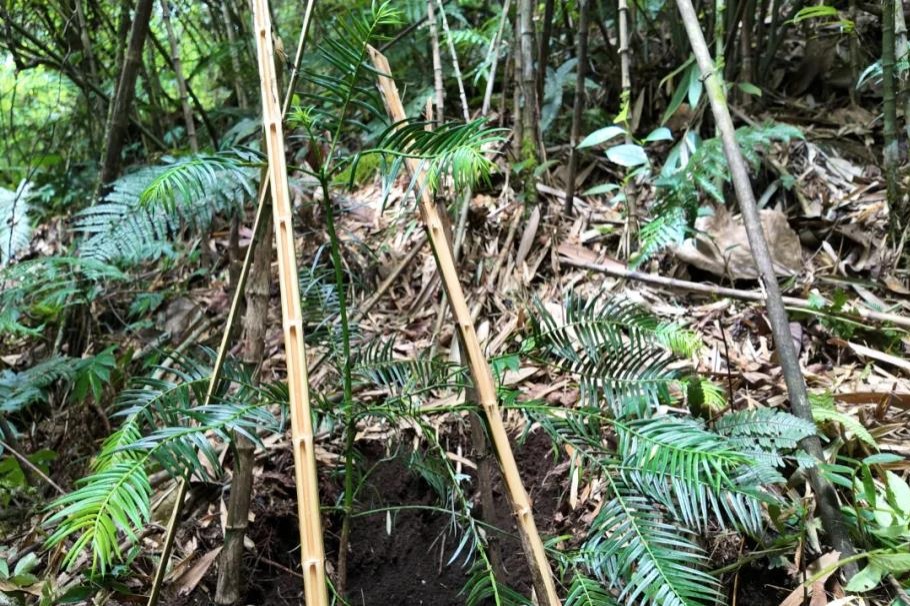Party leads Tibet village to hope and prosperity

LHASA-Sixty-two years ago, Khesum was the name of a manor in Tibet, and also the name of a living hell for 302 serfs there.
In the eyes of their owners, the serfs were nothing but "talking tools" at their mercy.
"A staff symbolizing the judicial privilege of serf owners was hung all year round at the entrance of the manor," said Losang Drolma, a 79-year-old resident of Khesum. "Serfs lived in hopelessness and despair there."
Today, the misery and serfdom that defined the Khesum of old are nothing more than a distant memory. The Khesum community, previously Khesum village, was the first village in Tibet to launch a democratic reform in 1959, when all serfs were liberated from feudal serfdom.
In the 1960s and 1970s, there was a play well-known across the Tibet autonomous region that always caused the audience to burst into tears. The play, based on true events that happened at the manor, tells the story of a serf family who were tortured by their owner.
In the play, a serf named Trinley Dorje, who was starving to death, had no choice but to steal dog food. After being discovered by the steward of the manor, he was tortured and killed in prison.
His wife went insane and disappeared into the darkness. His two sons tried to avenge their father and were eventually tortured to death by the serf owner.
"The cruelty in the manor was far more heinous than you can imagine based on the photographs and instruments of torture in the exhibition hall," said Sonam Dondrup, the 78-year-old former Party chief of Khesum village. "The sufferings of serfs were as infinite as the stars in the night sky at that time."
On June 6, 1959, under the leadership of the Communist Party of China, 302 ragged serfs exercised their right for the first time to elect the organizing committee of the first farmers' association in Tibet.
Through that transformative step, they secured for themselves about 113 hectares of land, something their ancestors had dreamed of for generations.
"In the past, serf owners were on the top and trod on us. Today, the CPC has liberated us and we have finally stood up!" said Nyima Tsering, who was elected director of the association at the time.
The democratic reform in 1959 abolished feudal land ownership. Serfs and slaves, who accounted for more than 95 percent of the population at that time, finally enjoyed true personal freedom and were able to share their own land and other means of production for the first time.
In December of the same year, Tibet's first rural Party branch was established in Khesum. Under the leadership of the Party, the people of Khesum devoted themselves to production and construction while farming, repairing canals and even holding night schools. They finally became the masters of the land.
China has invested nearly 40 million yuan ($6.14 million) in Khesum, helping locals renovate drainage, lighting and other infrastructure in the past eight years.
Xinhua






























